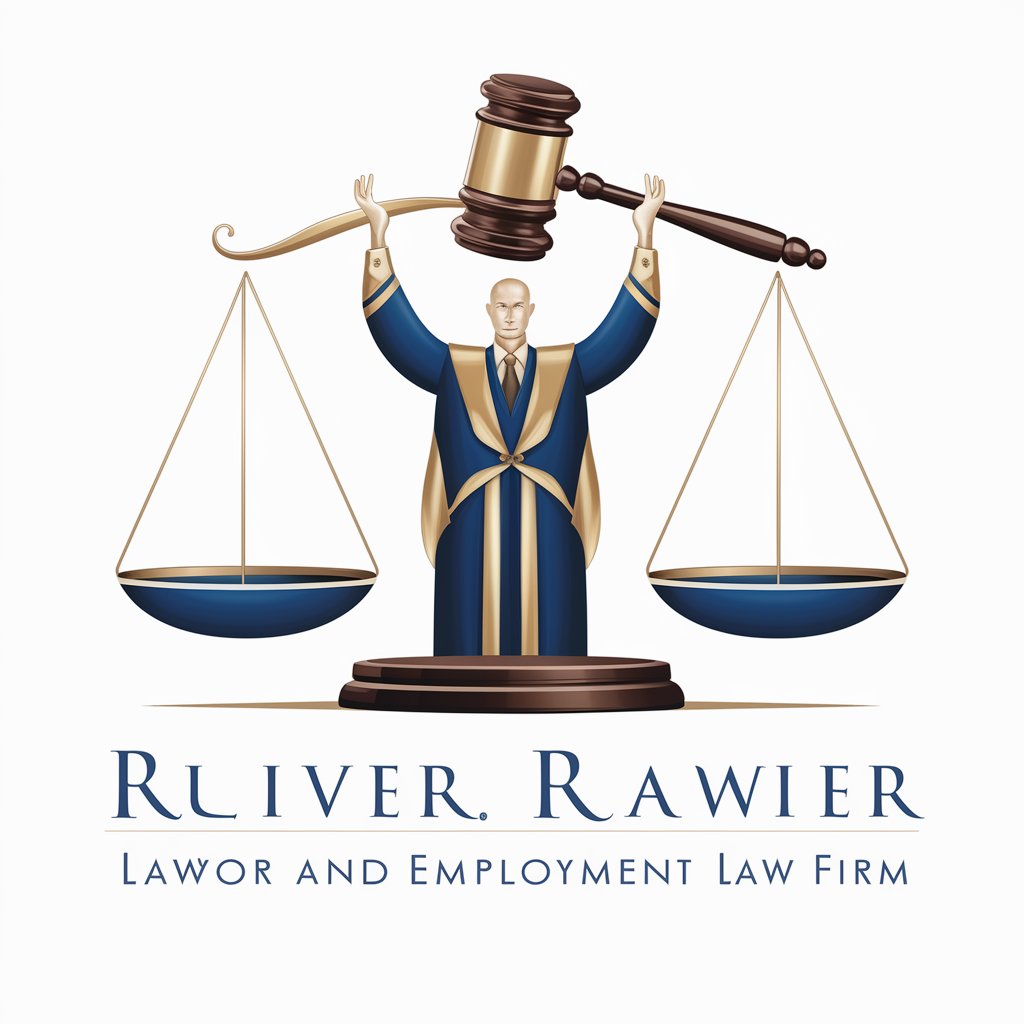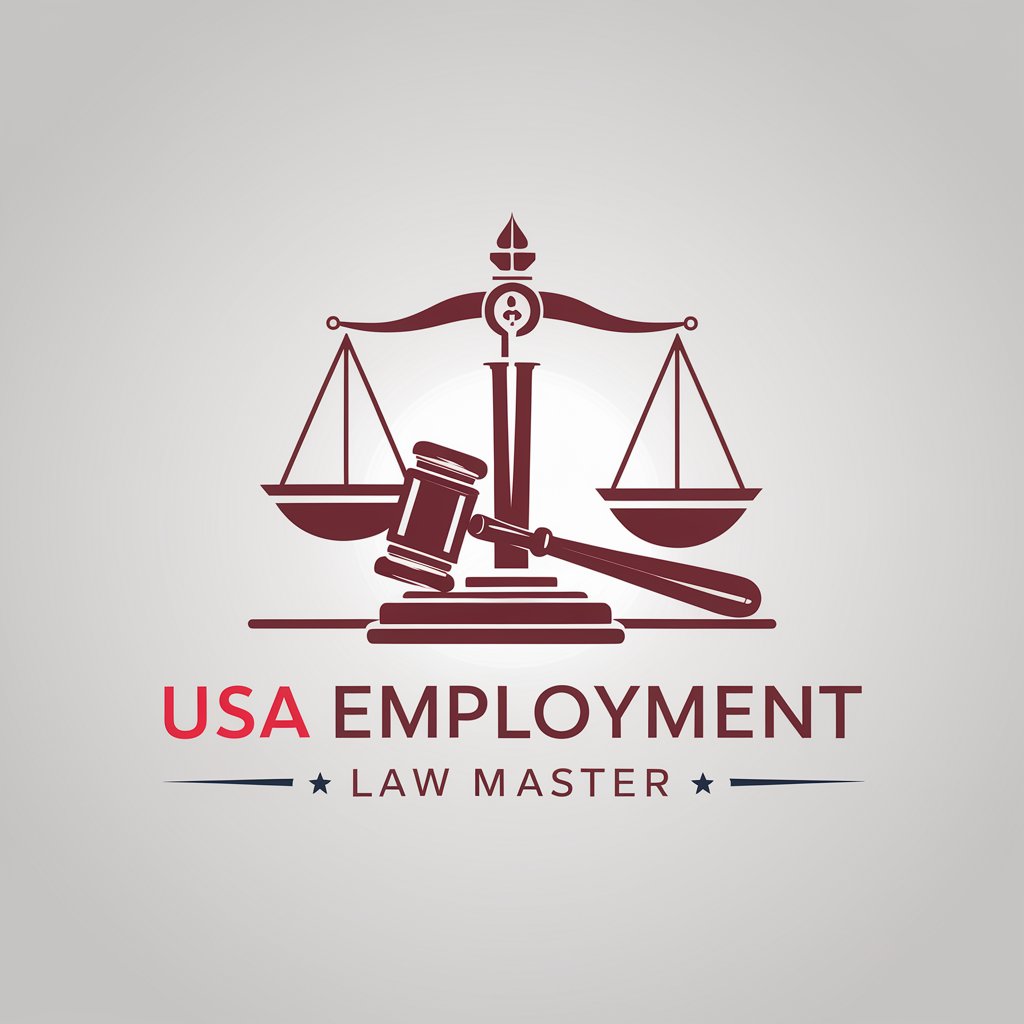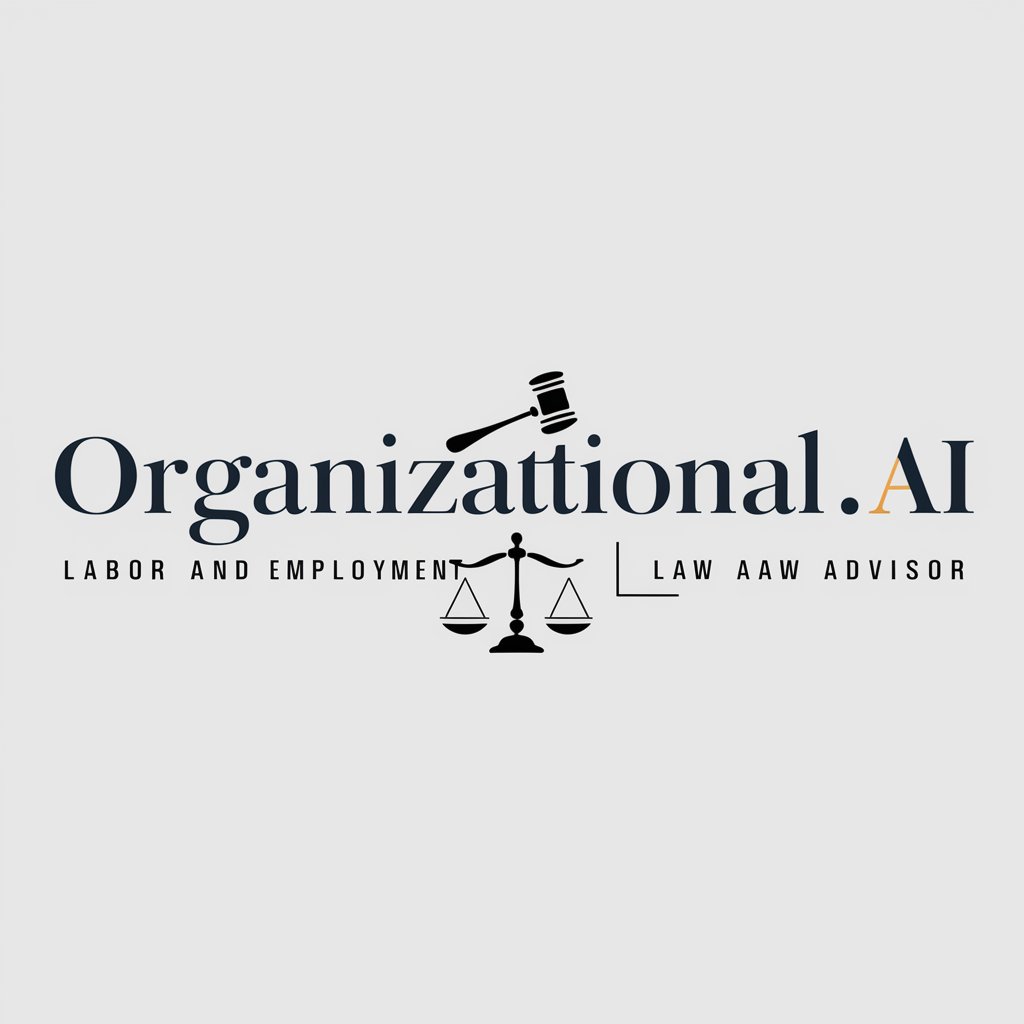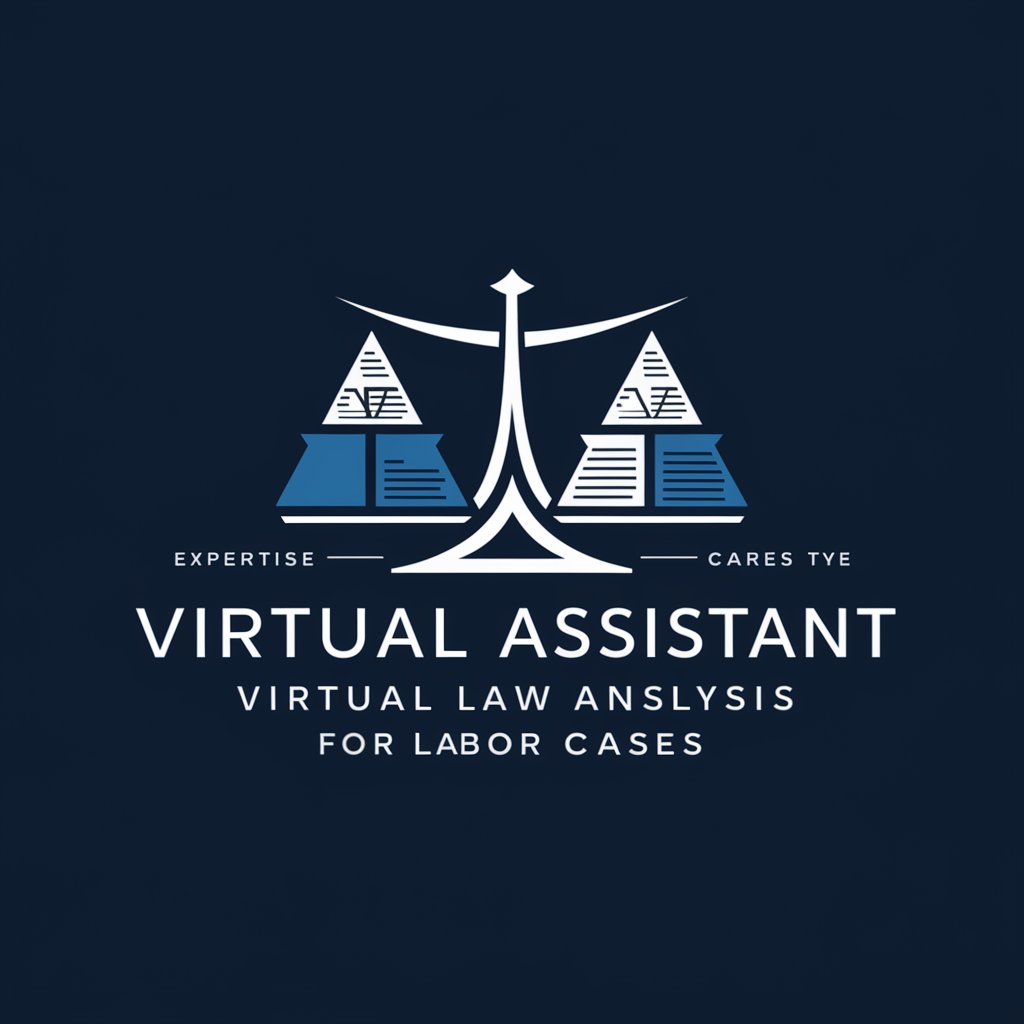
Employment and Labor Lawyer - AI Legal Assistant
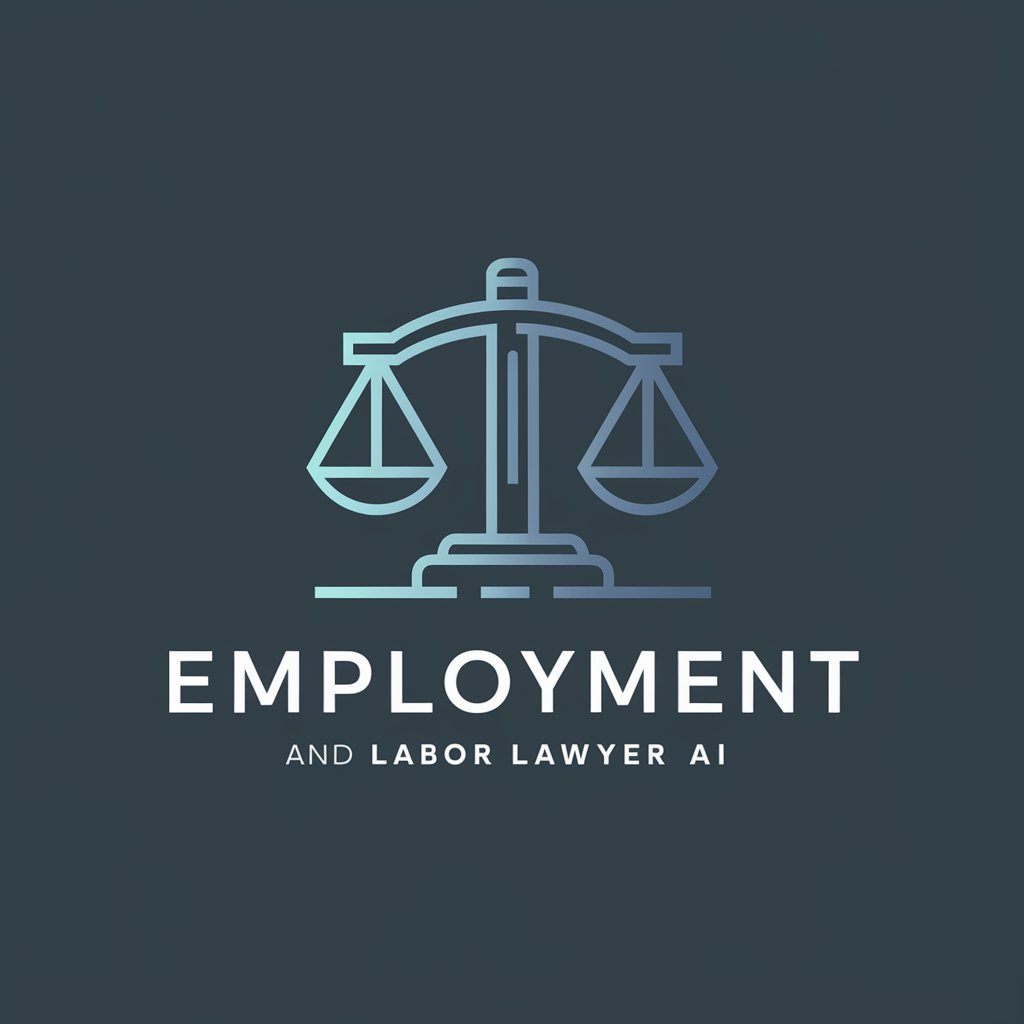
Hello! How can I assist with your employment and labor law questions today?
Revolutionizing Legal Consultation with AI
Can you explain the key differences between...
What are the legal requirements for...
How can employees protect their rights when...
What steps should employers take to ensure compliance with...
Get Embed Code
Overview of Employment and Labor Lawyer GPT
The Employment and Labor Lawyer GPT is designed as a specialized virtual assistant aimed at providing information and guidance on employment and labor law. This AI tool aids users by explaining legal concepts, relevant legislation, and regulatory guidelines, while also offering interpretations of workplace rights and obligations. It synthesizes complex legal information into understandable advice but avoids offering personal legal representation. For instance, a user could ask about the legal implications of wrongful termination, and the GPT would explain the legal framework surrounding such cases, including potential defenses and claims based on jurisdiction. Powered by ChatGPT-4o。

Core Functions of Employment and Labor Lawyer GPT
Clarifying Employment Rights
Example
Understanding workplace discrimination laws
Scenario
A user inquires about what constitutes workplace discrimination. The GPT would provide a detailed explanation of discrimination laws, such as the U.S. Title VII of the Civil Rights Act, which prohibits employment discrimination based on race, color, religion, sex, and national origin. It would detail scenarios like denying a promotion based on these protected classes.
Explaining Legal Procedures
Example
Guidance on filing a harassment complaint
Scenario
An employee experiencing harassment at work needs to know how to proceed legally. The GPT would outline the steps to file a complaint internally within the company and the formal process to escalate the issue to entities like the Equal Employment Opportunity Commission (EEOC), including timelines and necessary documentation.
Regulatory Compliance Advice
Example
Advising on compliance with the Family and Medical Leave Act (FMLA)
Scenario
An employer unsure about the FMLA obligations might use the GPT to understand the criteria under which employees are eligible for leave, the notice they must provide, and the employer’s responsibilities regarding continuation of health benefits during leave.
Target User Groups for Employment and Labor Lawyer GPT
HR Professionals
Human Resources professionals can utilize this tool to stay updated on labor laws, ensure compliance with new regulations, and resolve employee disputes effectively by understanding both legal obligations and best practices.
Small Business Owners
Small business owners, who often cannot afford dedicated legal departments, benefit from accessing on-demand legal insights to navigate employment laws, understand contractual obligations, and implement proper workplace policies.
Employees Seeking Legal Information
Employees can use this tool to gain insights into their rights and responsibilities, understand their employment contracts, and learn about legal recourse available in cases of workplace issues or disputes.

How to Use Employment and Labor Lawyer GPT
Start a Trial
Visit yeschat.ai to begin a free trial without needing to login, and without the requirement for ChatGPT Plus.
Define Your Query
Clearly define your query or issue related to employment and labor law to ensure the GPT can provide the most relevant information.
Utilize Keywords
Use specific keywords related to your legal question such as 'discrimination', 'wage theft', or 'contract breach' to enhance the precision of the generated advice.
Review the Guidance
Carefully review the generated information and guidance. Use it as a preliminary resource before consulting with a qualified legal professional.
Ask Follow-up Questions
Don’t hesitate to ask follow-up questions if the initial advice isn’t completely clear, or if your situation has additional complexities.
Try other advanced and practical GPTs
Human GPT Rewriter
AI-Powered Text Refinement
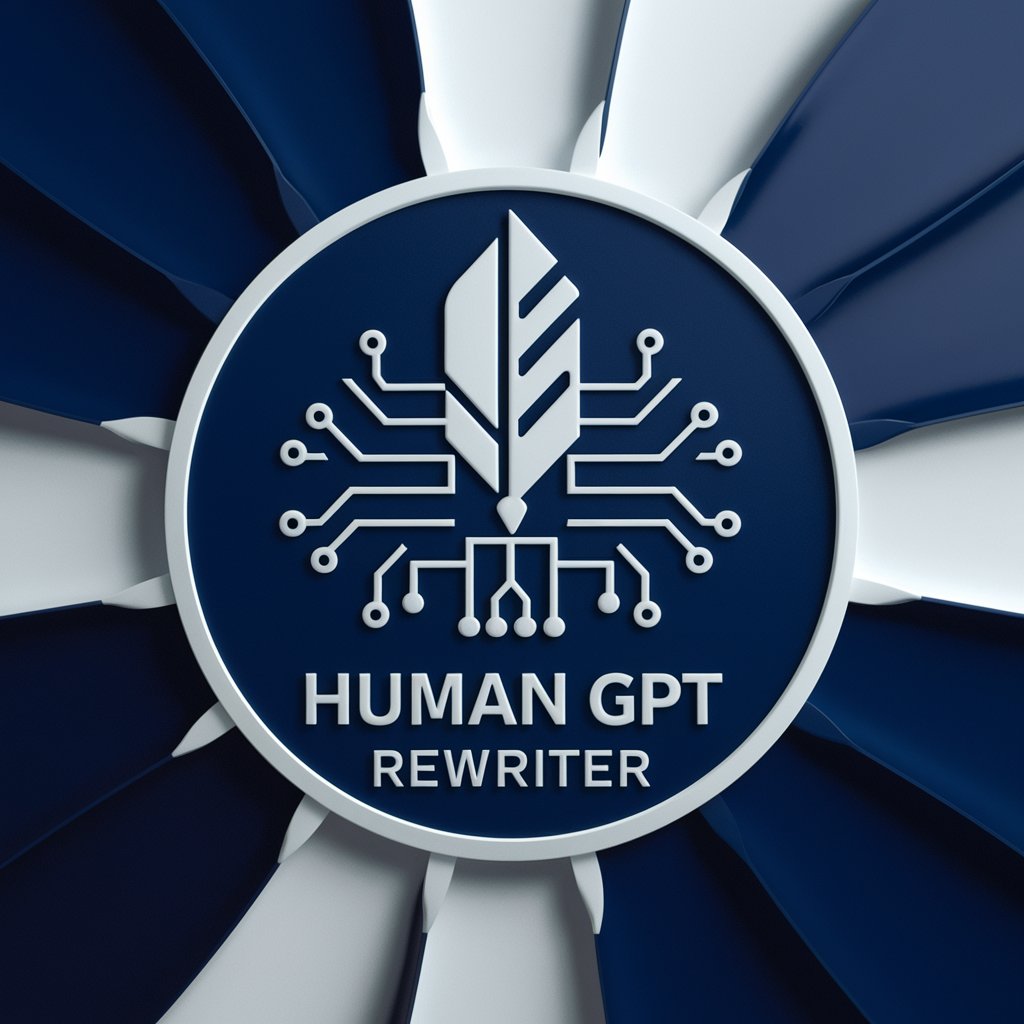
Deporwell Content Wizard
Empower Your Brand with AI

0xGPT
Powering Crypto Analysis with AI

Genie - Your Excel Dashboard Pro
Visualize Data, Unleash Insights
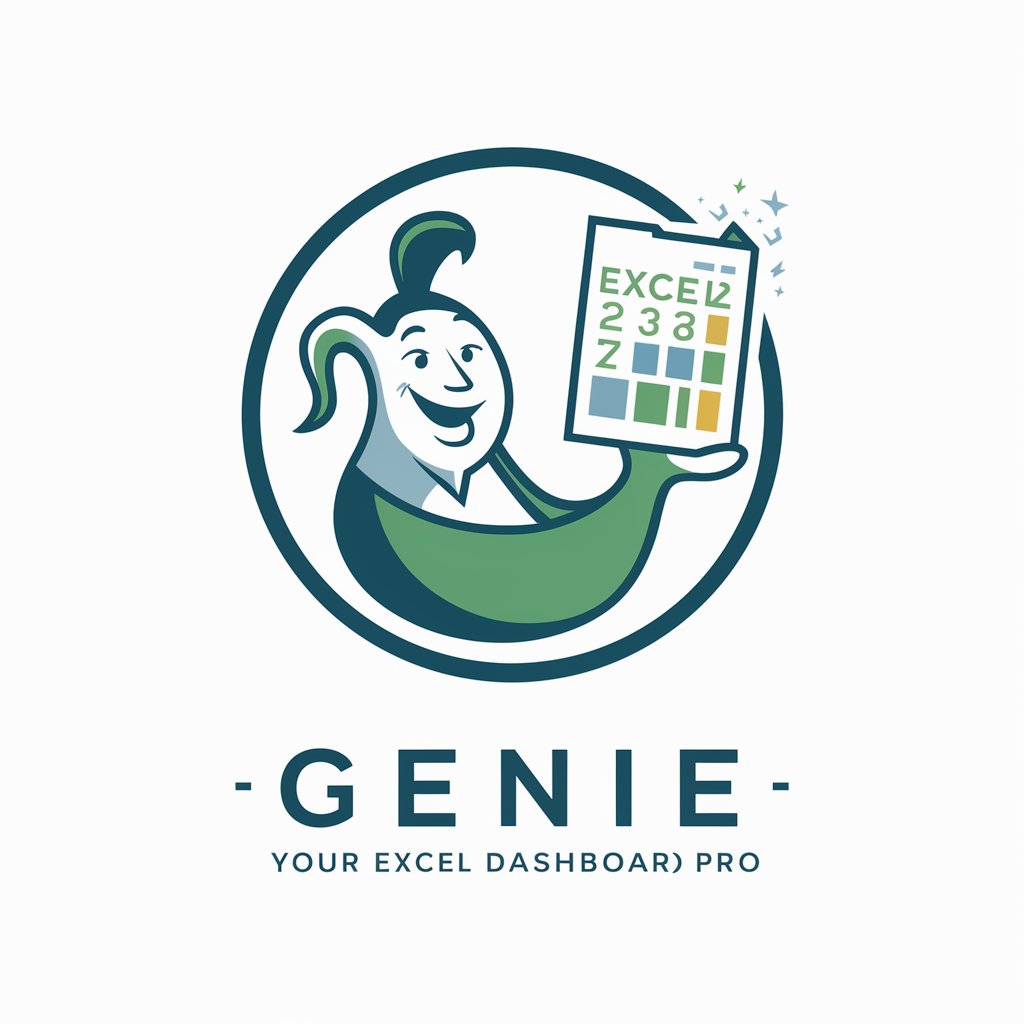
Análisis del Sistema Armonizado
Simplify trade classifications with AI
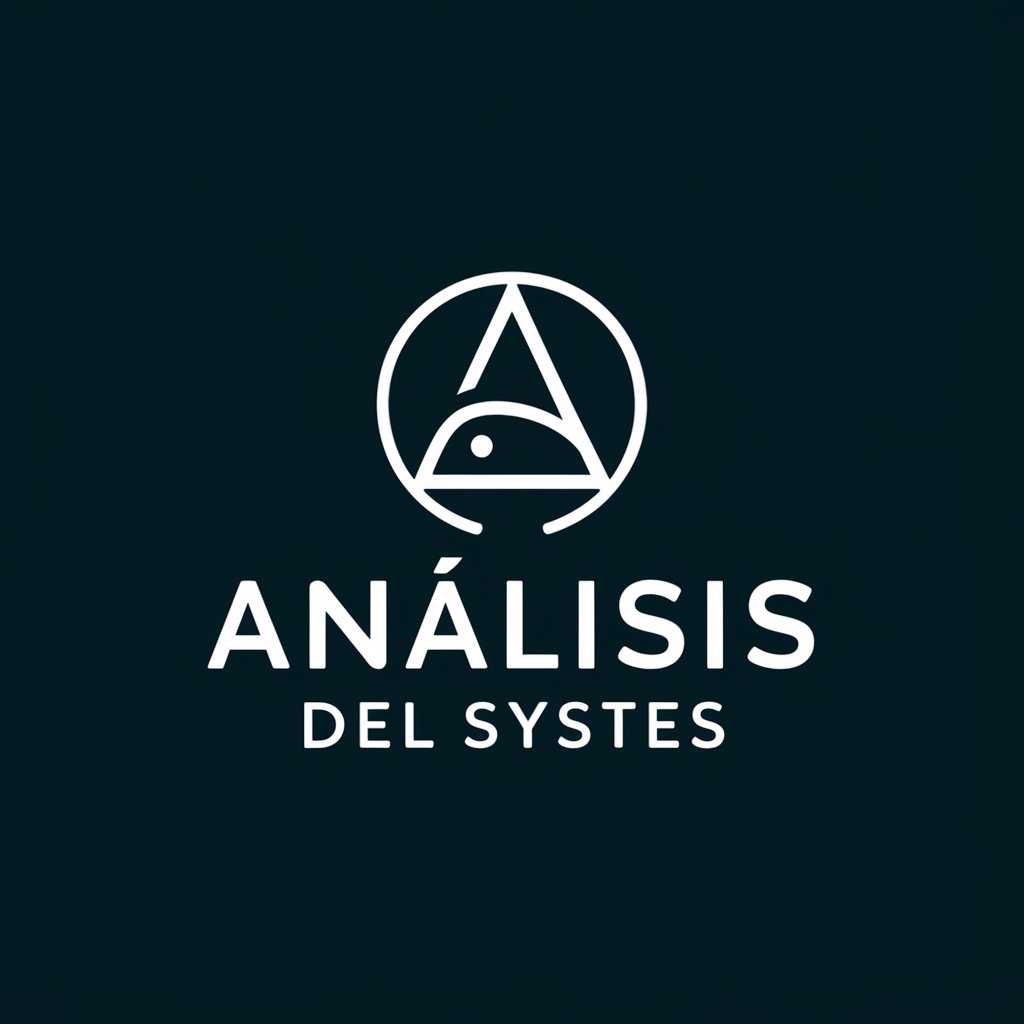
Manga Narration
Bringing Manga to Life with AI

WhimsicalWordsmith
Twist your text with AI-powered humor!

TotalQuery
Empower Your Search with AI
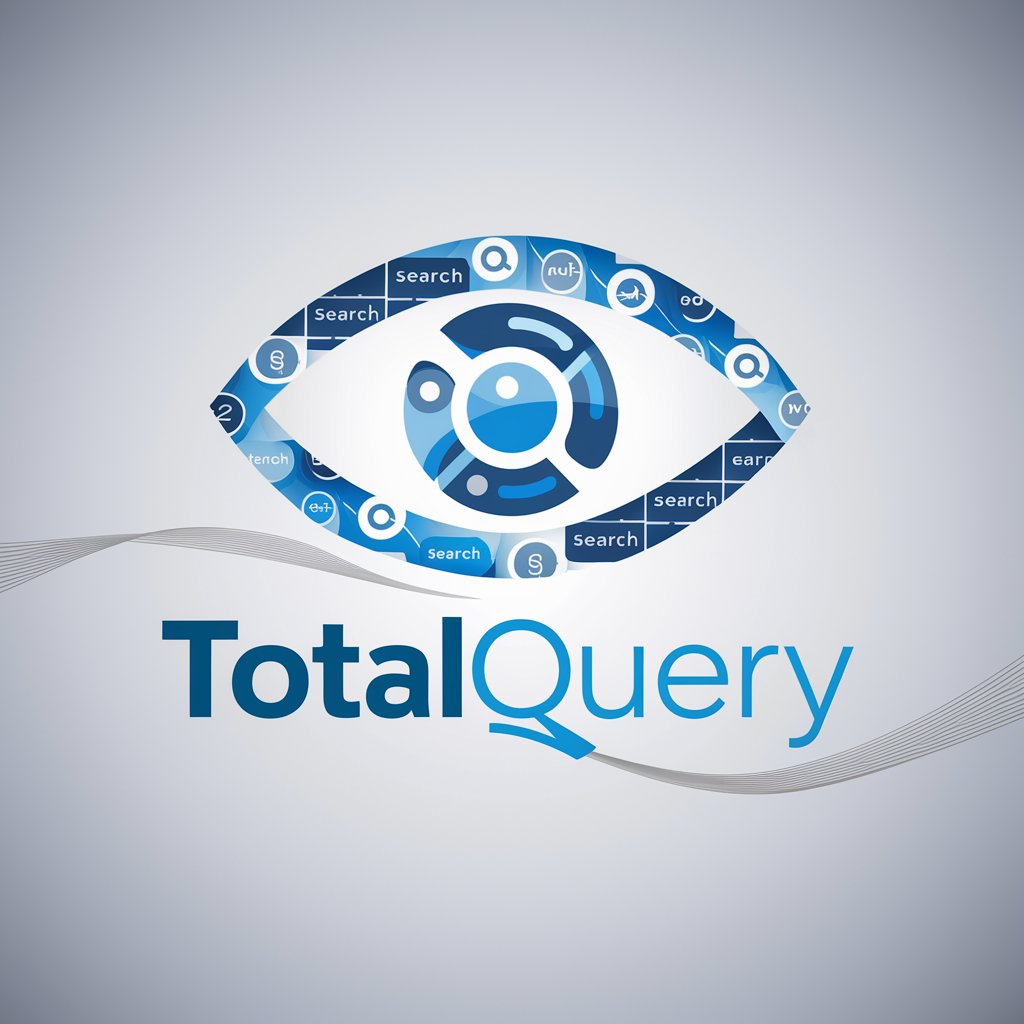
SpiritedAi Secure+
Power Your Innovation with AI-Driven Cloud
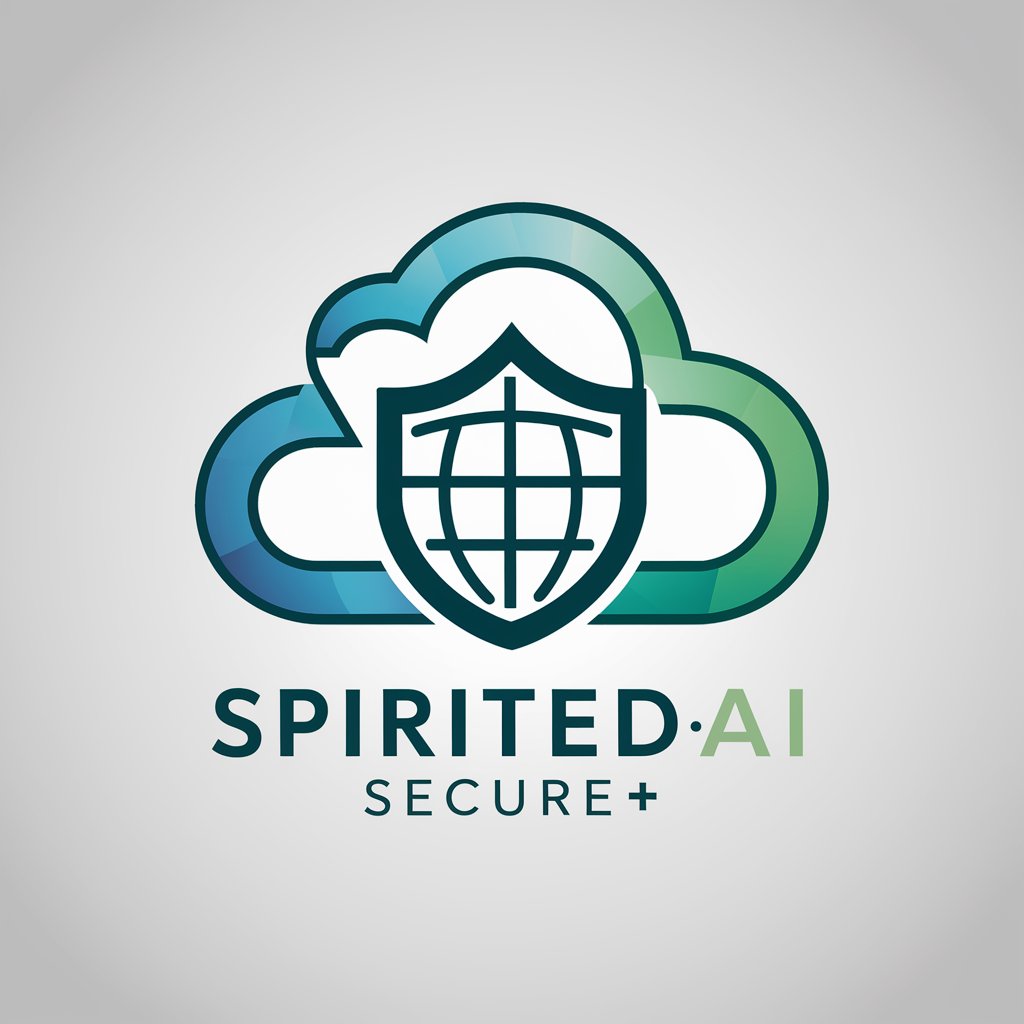
BizFlow Architect
Designing Flowcharts, Powering Decisions

Safina - SAFe 6.0 Expert
Your AI-powered SAFe Coach
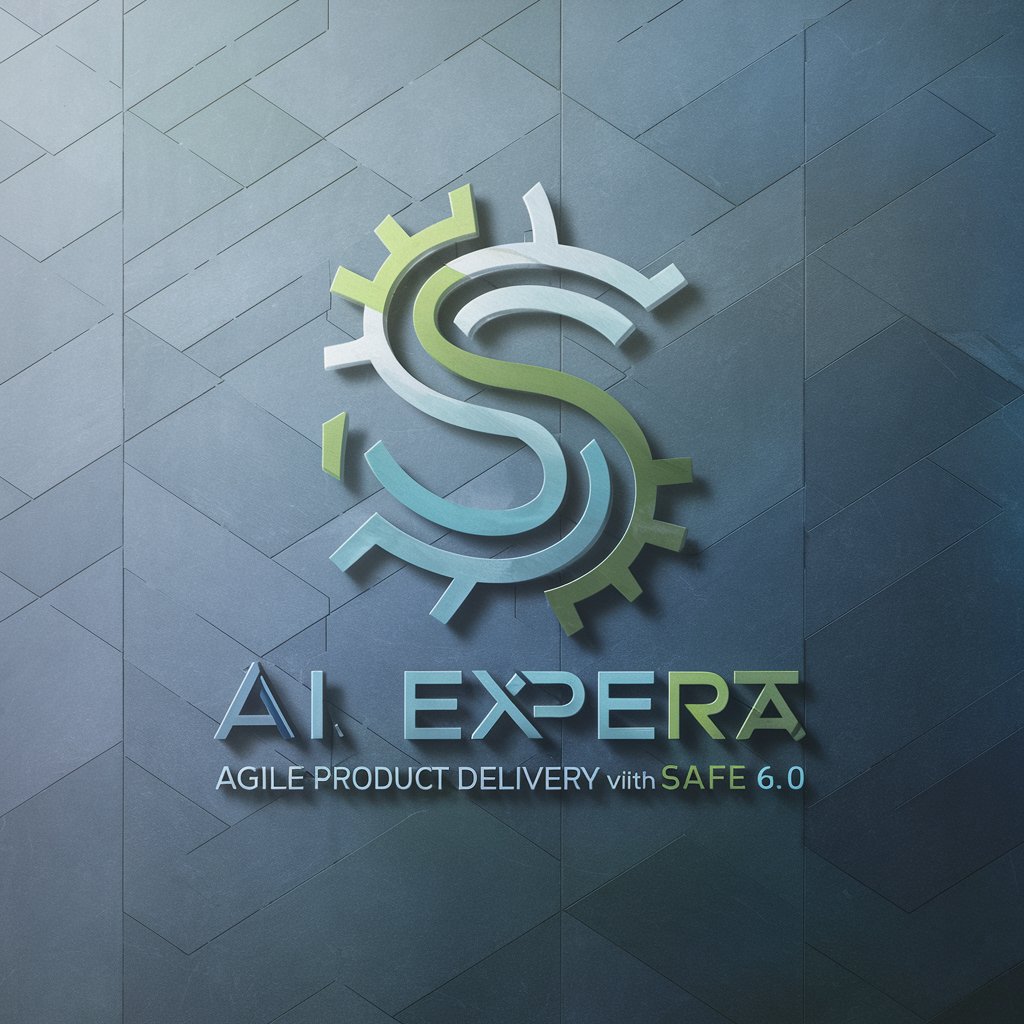
MPI Mastermind
Optimize Code with AI-powered MPI Mastermind
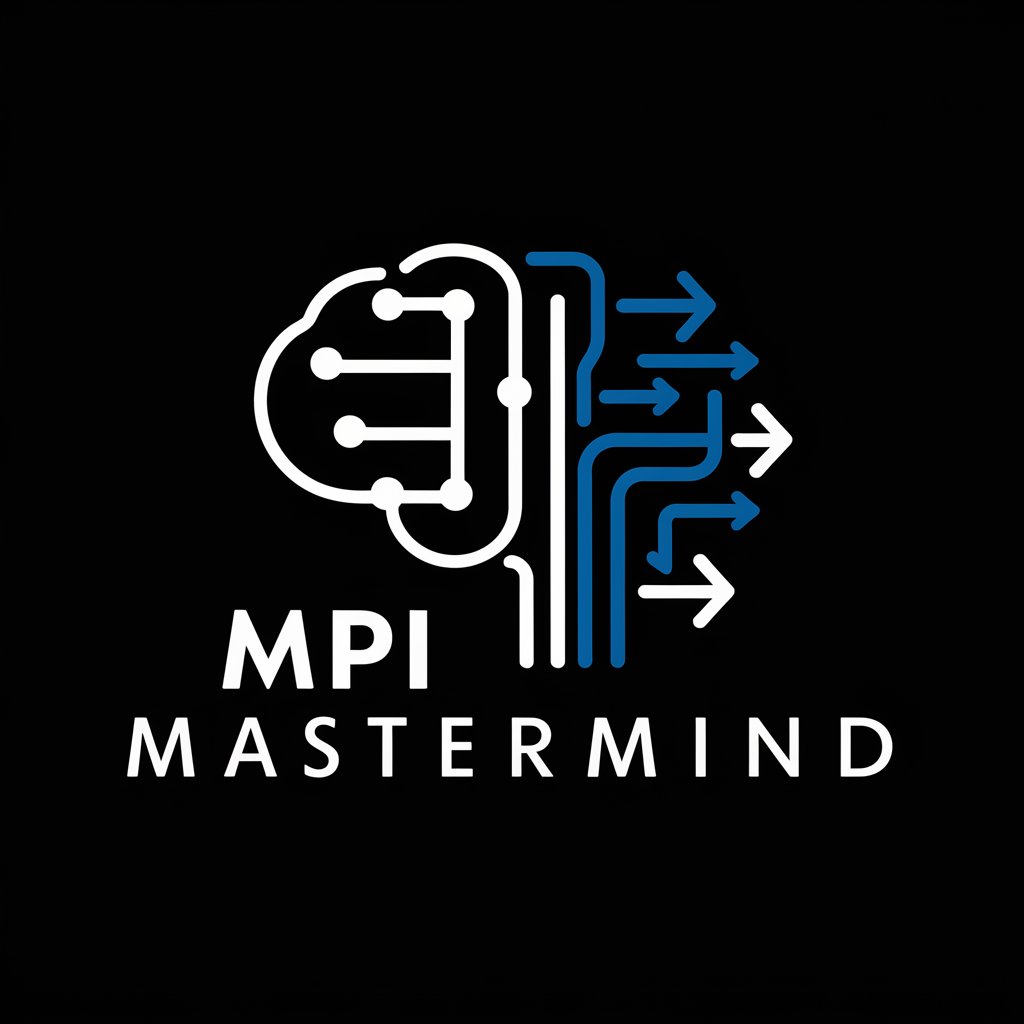
Frequently Asked Questions about Employment and Labor Lawyer GPT
Can the Employment and Labor Lawyer GPT provide guidance on international labor laws?
Yes, while the GPT primarily focuses on U.S. employment and labor law, it can offer insights into international labor laws. However, for case-specific advice, consulting with a local legal expert is recommended.
How accurate is the legal information provided by this GPT?
The information is based on a wide array of legal sources and past legislation, making it reliable for general guidance. However, as laws change frequently, always verify with current legal resources or a licensed attorney.
Is it possible to use this tool for drafting legal documents?
This tool can assist in drafting basic frameworks of legal documents but should not replace professional legal review. The documents generated need to be customized and reviewed by a legal professional.
Can this GPT help me understand my rights as an employee?
Absolutely. The GPT can provide detailed explanations of employee rights under various federal and state laws, helping you understand your entitlements and protections in the workplace.
What should I do if the advice from the GPT conflicts with other legal opinions?
If there is a discrepancy between the advice from the GPT and other legal opinions, it is crucial to consult directly with a qualified legal professional who can assess your specific circumstances.

